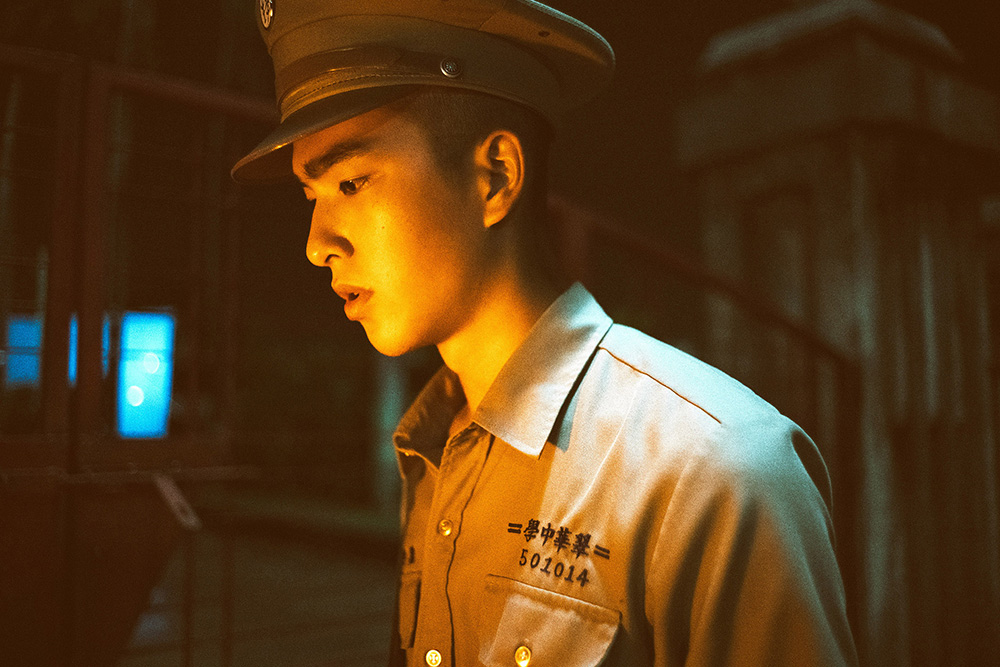!["Detention" Director John Hsu turns The Game depicting the dark side of Taiwanese history, the era of white terror, into a movie [Director's Interview Vol.128]](https://cinemore.jp/images/09cc215408968aafc86fa90301394a2622aa59052c469ec627eaa047a980a8f4.jpg)
© 1 Production Film Co. ALL RIGHTS RESERVED.
"Detention" Director John Hsu turns The Game depicting the dark side of Taiwanese history, the era of white terror, into a movie [Director's Interview Vol.128]
From The Game to movies, screenwriting techniques that transcend media
Q: The Game and movies are different media, so I think the way stories are told will inevitably change. The original work has received very high praise for its story, but how was the script written?
Sue: Writing the script was a very difficult task. This is because the way the story progresses in The Game and movies is fundamentally different. In the case of The Game(“Return to School -Detention-”), the story progresses when the player solves a mystery and opens a door, for example, but a movie focuses on the characters, depicts their conversations, and explores their inner lives. We have to approach it. So when writing the script, I gathered as many character-related elements from The Game as I could, dug into them, and expanded on them.
Q: So, you were thinking about how to construct the characters' stories rather than the story as a whole?
Sue: Rather than putting the characters first, I was thinking about the relationship between the characters and the story (of The Game). The Game includes a lot of metaphors, but their meanings aren't often made explicit. So, we started by playing The Game over and over again to determine the meaning of the metaphors and symbolic elements. I finished the script while thinking about what kind of influence these would have on the characters.

“Detention” © 1 Production Film Co. ALL RIGHTS RESERVED.
For example, there is a scene in the movie where Wei Zhongting is hung upside down, which also appears in The Game. However, as you'll learn by playing The Game, that's not what happened in real life. So why was a scene that wasn't reality necessary, and what kind of thoughts did The Game's production team put into it? After understanding these things properly, I incorporated the characters' feelings into the script.
Q: Like the Wei Zhongting scene you just mentioned, I think fans of the original work will enjoy the fact that many elements from The Game appear, such as the piano and the pendant. I think it must have been difficult to incorporate elements from The Game in constructing the story of the movie.
Sue: The piano that appears in The Game is a gimmick, a tool for solving puzzles. However, when it comes to appearing in a movie, it is meaningless if it is just a gimmick. It has to have a proper role in the story. The melody that plays in The Game is called " Ameya Hana ," and I thought about what the meaning of this song is and why the piano appears in it. For example, I thought it could be used to symbolize the love between Fan Leixin and Teacher Zhang. Through trial and error, we ended up picking out things that could be used in the movie.
Visual expressions unique to movies and commitment to filming locations

